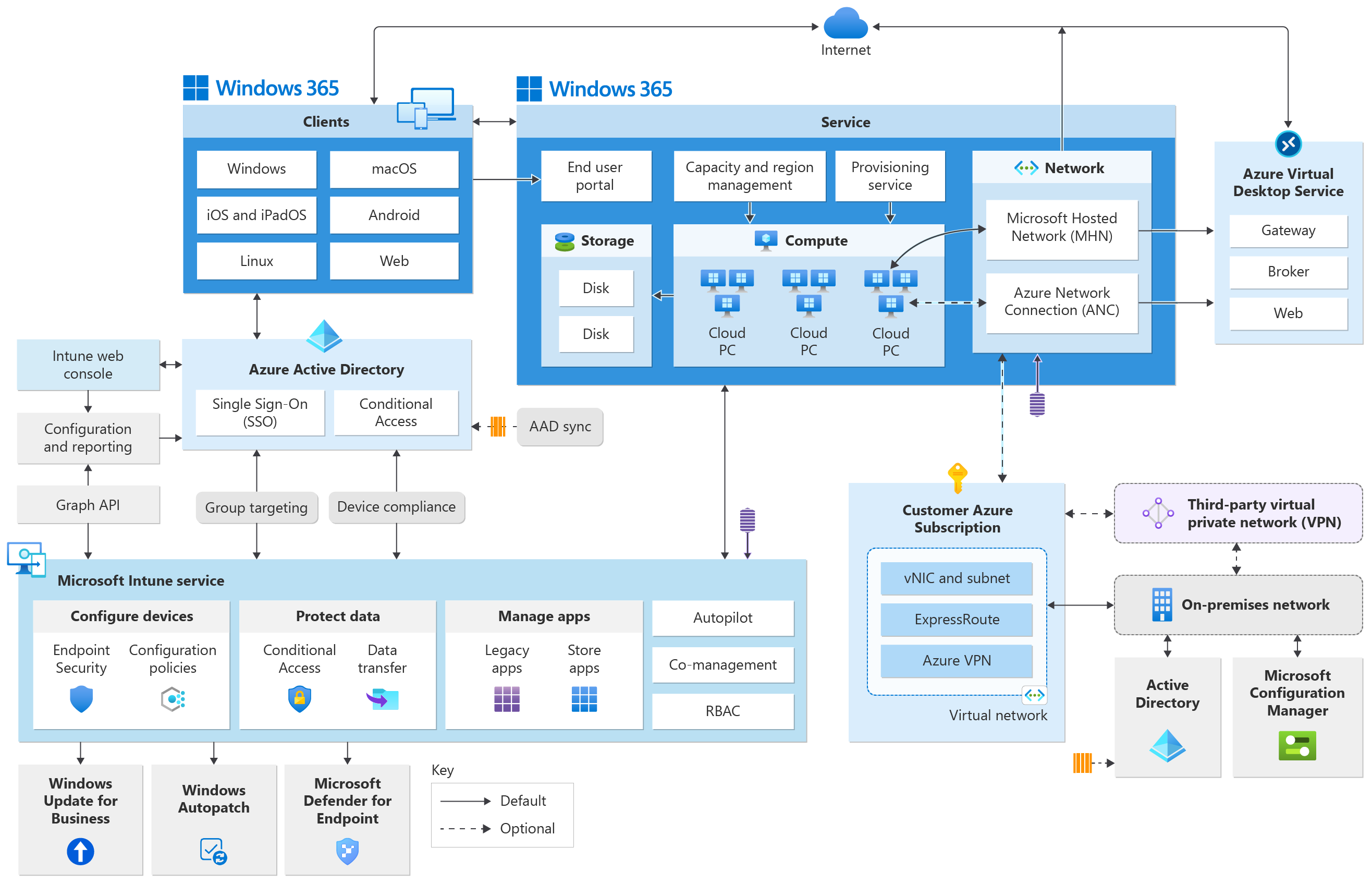This Essential Guide for Selecting the Ideal Designer
Engaging an designer is among the vitally important actions in bringing your vision for a space to Life. Regardless you're creating a fresh home, remodeling an current one, or embarking on a professional project, the right architect can create a significant difference in the result. With so many options out there, knowing what traits to search for when choosing an architect can be intimidating. This guide will guide you through the essential qualities and necessary considerations that will help you locate your perfect architect.
As you embark on this process, it is important to grasp not just the professional skills needed but also the individual traits that can influence your partnership relationship. From their creative philosophy to their expressive style, each aspect is important. In this definitive guide to selecting an architect, we will discuss the best traits to consider, queries to consider, and red flags to look for. By the conclusion, you will be prepared to choose an architect who aligns with your aspirations and provides a successful process.
Key Qualities to Take into Account in Architectural Professional
When hiring your architect, it is important to prioritize experience and professional expertise. A well-established architect will have a proven track record of effectively completed projects similar to yours. Consider their portfolio to evaluate their style and the diversity of projects they have managed. Consider their professional background and education, as these aspects often indicate their skills and understanding of architectural principles.
Effective communication are another critical quality to seek in an architect. An ideal architect should be able to communicate concepts clearly and be receptive to feedback. They should understand your vision and requirements while also offering meaningful suggestions. This two-way communication encourages a cooperative relationship, ensuring that your project meets your expectations and goals from the very beginning.

Finally, search for an architect who shows robust problem-solving abilities and creativity. Architecture is not merely about aesthetics; it entails navigating challenges and discovering innovative solutions. A great architect will take into account constraints such as budget, site conditions, and local regulations while still creating a one-of-a-kind and functional design. This ability to adapt and resourcefulness can make a major difference in the effectiveness of your project.
Crucial Questions to Consider Potential Architects
When engaging with prospective architects, initiate by asking about their experience and knowledge in designs similar to yours. Ask about their portfolio, focusing on realized works that align with your vision and criteria. This is a crucial part in evaluating if they have the necessary skills and design sensibility to bring your vision to life.
Next, it’s essential to know their design process and how they approach working together with clients. Inquire how they typically communicate during the project and what kind of participation they expect from you. A good architect should be ready to hear to your ideas and blend your input while guiding you through their design process.
Ultimately, address their pricing structure and how they handle project finances. Inquire about any potential additional expenses that may arise and how they approach changes in requirements during the process. Openness in financial matters is key for a productive working relationship, ensuring that there are no unexpected issues as your endeavor advances.
Red Flags to Avoid When Selecting an Architect
When selecting an architecture professional, it's essential to be mindful about certain warning signs that may indicate potential issues down the line. custom architecture is a deficiency in clear communication. If an architecture professional struggles to articulate their concepts, deadlines, or procedures, this could lead to misunderstandings and discontent throughout your project. Effective dialogue is essential for ensuring that your vision is accurately translated into their designs.
Another warning sign is a hesitance to provide previous projects or testimonials. A reputable architecture professional should have a body of work that displays their past work and be willing to supply contacts for references. If they seem uncommunicative or unwilling to discuss their experience, it's a red flag that they may not have the experience necessary to execute your undertaking effectively.
In addition, be careful of architects who push their concepts without taking into account your needs. A skilled architect should be adaptable, focusing on your needs and collaborating closely with you. If they appear more concentrated on imposing their ideas rather than understanding your vision, it's a indicator that the collaboration may not achieve your desired results. Listen to your instincts and keep in mind that a successful architectural partnership hinges on mutual understanding and understanding.